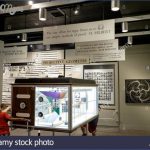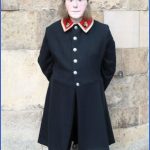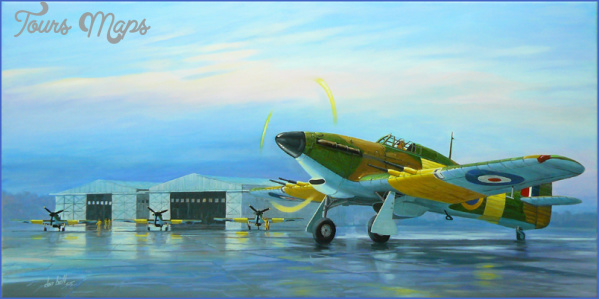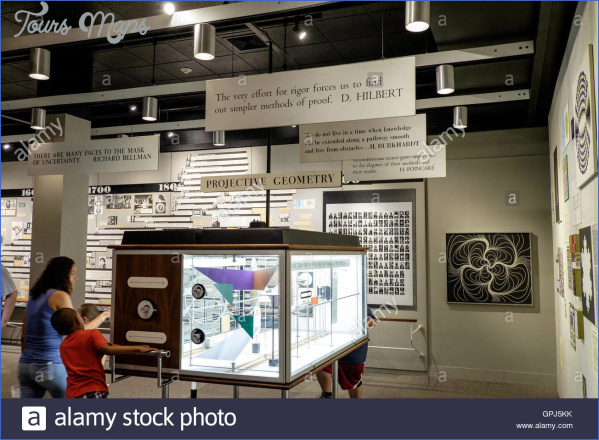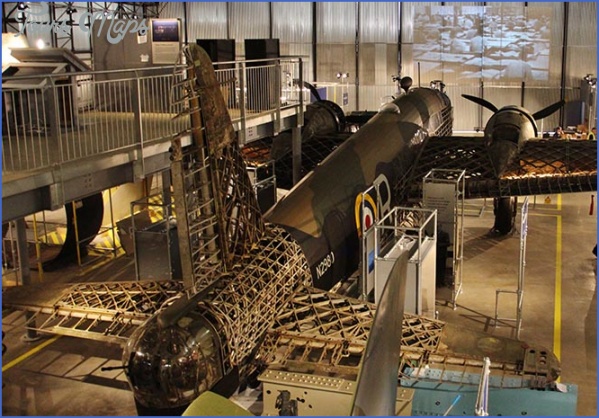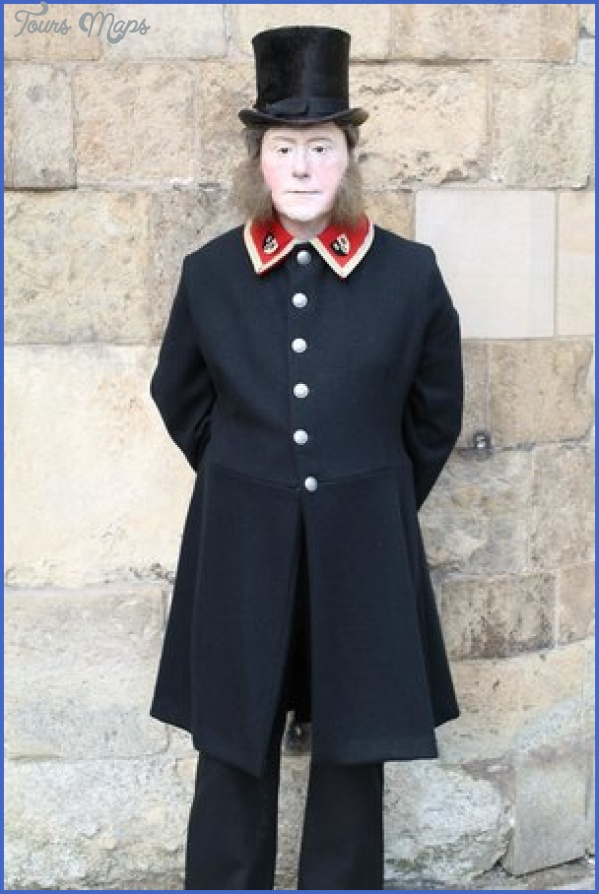Carl Michael Bellman (1740-95) was more Swedish troubadour than composer, and is affectionately remembered by his Swedish countrymen as a poet. In his heyday he entertained at the court of Gustavus III, having made his reputation as a performer of satirical drinking songs. A keen observer of lowlife, he attached his verses to popular melodies, some of them Swedish airs and dances and ariettes from French opera comique, others purloined from works by Handel and Haydn; probably he composed a handful himself. By the time his royal patron was murdered in 1792, Bellman had published two major collections of verse, Fredmans epistlar (1790) and Fredmans sanger (1791), but while they ensured his place in Swedish letters, they could not save him from the scourges of illness and poverty in his last years.
In Stockholm, on the fabled island of Langholmen in Lake Malar, a permanent exhibition to the life and works of Bellman was installed in what was originally a 17th-century customs house and now doubles during the tourist season as a theatre and outdoor cafe. The displays were formerly housed on another Stockholm island, Skansen, where one of the entrances to the Open-Air Museum there is named after Bellman (‘Bellmansro’), and in 1990 they were briefly exhibited at Haga Park, north of the city centre, where Gustavus III had a pavilion built for the entertainment of his intimates.
BELLMAN MUSEUM Photo Gallery
Although Bellman never lived in the charming diamond-paned, wood-built customs house, he was familiar with it, judging from his 48th epistle, which mentions passing the building during an all-night drinking spree on the island, which was then dominated by a prison (now revamped as a hotel). Once inside the customs house the visitor is obliged to resist the tempting array of freshly baked food and turn sharply right into the exhibition, to be engaged instead by the colourful and theatrical nature of the displays, which, alas, are labelled exclusively in Swedish. Five small rooms are devoted to Bellman, the fifth doubling as a backstage store for the balcony stage on which a musical drama about Bellman’s life is presented by the caretaker (who lives upstairs) during the summer.
The first room charts the tenuous connection between Bellman and Langholmen with a map of 1747 and a picture of the customs house from 1783, with 18th-century clothing and furniture as props. The second confronts the conflicting images of Bellman as alcoholic and polished courtier, illustrated by portraits from the 1780s by Per Krafft (in which Bellman is playing a lute) and Per Hillestrom, caricatures and a death mask. Through a false window is a view of the Stockholm neighbourhood where Bellman was born. There are also silhouettes of his parents and facsimiles of his correspondence from 1749. The third room is set up as a seaside inn. Amid barrels and playing cards, pride of place is given to copies of Bellman’s two collections of verse, supported by 21 framed engraved and coloured Hogarthian caricatures of the ‘Fredmans Gestalter’, produced in 1805 for the promotion of the epistles (fictional letters describing imaginary episodes in the lives of real contemporaries). Further underlying the two sides of his character, also displayed here is a small copy of a three-metre statue of Bellman dressed in formal clothes, seated, playing the lute. The fourth room evokes the royal theatres of Drottningholm, Gripsholm and Ulriksdal during the reign of Gustavus III. Bellman is depicted as an actor. On display are a copy of Bellman’s cantata libretto, Fiskarena (1792), a 1787 medallion portrait relief by Johan Tobias Sergel in which Bellman is depicted as Bacchus, his hair festooned with grapes, and behind a series of cupboard doors are illustrated facsimiles of his printed letters. The final room is decorated with reproductions of 18th-century Stockholm and on display is a lute with its case by the court luthier and maker of Bellman’s lute, Matthias Petter Kraft. At this point the visitor once again finds himself in the cafe, this time free to take refreshment.
Maybe You Like Them Too
- Top 10 Islands You Can Buy
- Top 10 Underrated Asian Cities 2023
- Top 10 Reasons Upsizing Will Be a Huge Travel Trend
- Top 10 Scuba Diving Destinations
- World’s 10 Best Places To Visit


